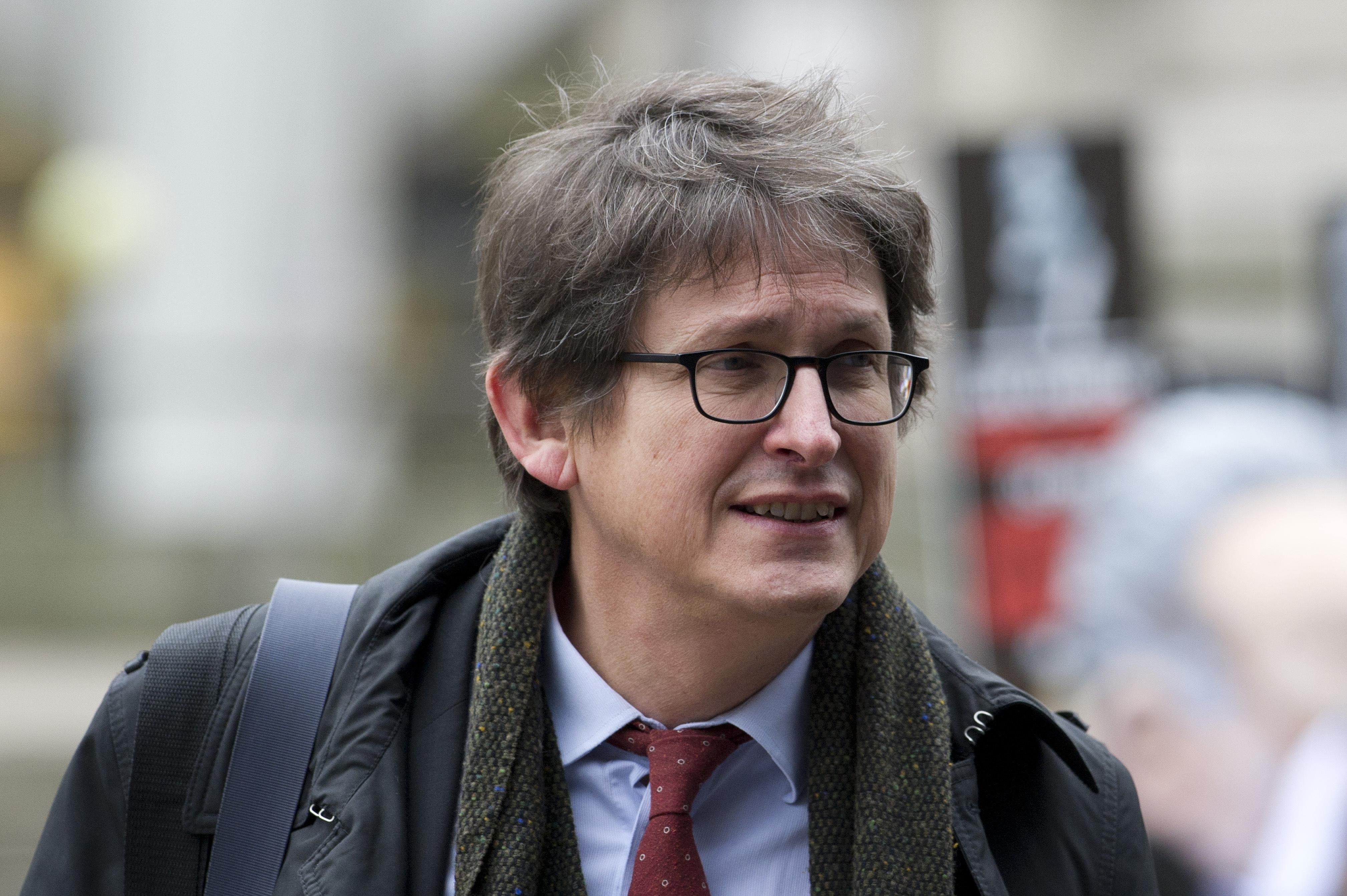In an article posted on the Guardian website today, the British newspaper’s editor describes attempts by the British government to intimidate the paper into halting its reporting on the documents leaked by Edward Snowden, going so far as to physically destroy the paper’s hard drives containing copies of the leaked documents.
The mood toughened just over a month ago, when I received a phone call from the centre of government telling me: “You’ve had your fun. Now we want the stuff back.” There followed further meetings with shadowy Whitehall figures. The demand was the same: hand the Snowden material back or destroy it. I explained that we could not research and report on this subject if we complied with this request. The man from Whitehall looked mystified. “You’ve had your debate. There’s no need to write any more.”
The British government also threatened to stop the Guardian’s reporting on the material provided by Snowden, Rusbridger writes.
During one of these meetings I asked directly whether the government would move to close down the Guardian’s reporting through a legal route – by going to court to force the surrender of the material on which we were working. The official confirmed that, in the absence of handover or destruction, this was indeed the government’s intention.
Rusbridger says that he asked the official if he understood that the paper could and, in fact, largely were reporting the story from outside of the U.K.
The man was unmoved. And so one of the more bizarre moments in the Guardian’s long history occurred – with two GCHQ security experts overseeing the destruction of hard drives in the Guardian’s basement just to make sure there was nothing in the mangled bits of metal which could possibly be of any interest to passing Chinese agents. “We can call off the black helicopters,” joked one as we swept up the remains of a MacBook Pro.
The revelations posted by the Guardian come on the heels of the nearly nine-hour detention of Guardian columnist Glenn Greenwald’s assistant, David Miranda, at Heathrow Airport over the weekend. In an article on the Guardian website on Sunday, Greenwald said that Miranda’s possessions, including his laptop, cellphone, DVDs, and USB drives had been confiscated. Greenwald described Miranda’s detention as an act of intimidation. “This was obviously designed to send a message of intimidation to those of us working journalistically on reporting on the NSA and its British counterpart, the GCHQ,” he wrote.
A U.S. security official told Reuters that intimidation was the aim of the British government.
One U.S. security official told Reuters that one of the main purposes of the British government’s detention and questioning of Miranda was to send a message to recipients of Snowden’s materials, including the Guardian, that the British government was serious about trying to shut down the leaks.
